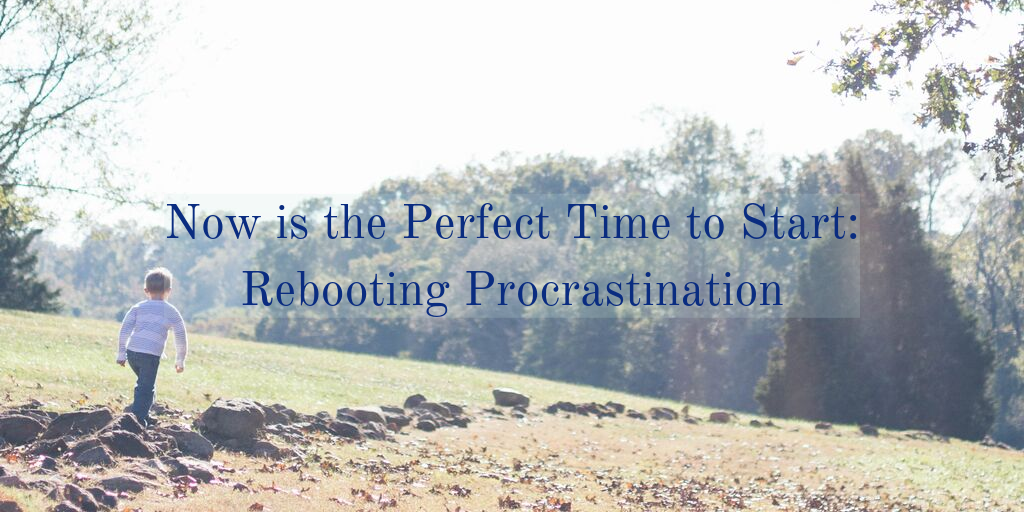
Perfectionism: A Two-Headed Monster
Perfectionism, the old enemy of creativity, has two faces: Procrastination and Workaholism. In our fear of imperfection or failure, we can resort to either overworking, or not starting the work at all.
Perfectionism delights in finding any small detail and blowing it out of proportion until it looks impossible to overcome, constantly grading the outcome of every project before it’s even started. At it’s heart, Perfectionism is a form of fear which insists on holding everything we produce up to an unattainable standard.
More...
Assassinating Opportunity
“Procrastination is opportunity’s natural assassin.” -Victor Kaim
To escape having to face Perfectionism’s standards, we often avoid starting altogether by procrastinating. Procrastination may seem mild and non-threatening, but it a deadly enemy of our creative expression.
Do not be fooled by Procrastination's seemingly innocuous excuses. Procrastination-fueled avoidance can prevent us from pressing through and really seeing what we are capable of in our creativity.
Identifying Procrastination
Our instant gratification culture demands immediate, social-media-worthy results. When we don't see instantaneous fruit for our labors, the pervasive lie that we need to have "something to show for our efforts" can dissuade us from putting in the time necessary to master our craft.
We all have legitimate priorities in our lives, work, family, community, etc. Procrastination is differentiated from legitimate busyness by it’s hallmark emotion: guilt. If guilt is constantly reminding you about "that thing" you keep pushing to the back burner, chances are, you’re procrastinating.
Another sign of Procrastination is making circumstantial excuses. Procrastination loves to delay on the basis of circumstances: the light isn’t good, you didn’t sleep enough, you don’t have the right pencils. Any excuse will do, as long as you don’t actually start creating.
Perfectionism vs Excellence
Overcoming Perfectionism and Procrastination should not mean that we stop caring about the quality of our work - far from it! The key to producing high quality, Perfectionism-free work is to operate out of love-motivated, passion-fueled excellence.
Excellence requires us to care about and love something (or someone) more than we fear failure. Only love allows us to do our best work, because love allows our creativity to move freely.
Excellence requires us to care about and love something (or someone) more than we fear failure. Only love allows us to do our best work, because love allows our creativity to move freely.
Finding Your Motivator
Until we begin to create from passion we will not produce our best work. Passion is driven by your Motivator, your reason for creating, and will help you push through Procrastination’s excuses into excellent creativity.
Your Motivator, also known as your "WHY," is the driving force for your creative expression; the purpose that gives meaning to your work. If you do not know what your Motivator is, I would encourage you to set aside some time to think, meditate, pray, and seek that purpose. If you don't hear or feel anything right away, that's ok, keep going with the work and as you dig deeper you will discover your true Motivator.
Incredible joy and passion is going to be found in expressing your creativity. Don't allow Procrastination and Perfectionism to hold you back from sharing and releasing the creative ideas in your heart. It's better to be creating than to be perfect. Take the next steps today to express your creativity!
10 Tips for 10 Days
I participated in a LinkedIn challenge called 10 Tips for 10 Days and recorded ten quick videos on a variety of topics, including Procrastination.
Actions
It's better to be creating than to be perfect. #brightideas
Learn More about Perfectionism

Bright Ideas: Light Up Your Creativity. If you'd like to learn more about Perfectionism, Procrastination, and expressing your creativity, grab a copy of our book, Bright Ideas: Light Up Your Creativity from our shop or Amazon.
